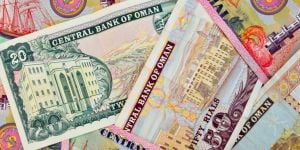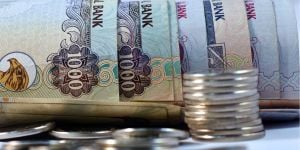Expat Canadian looking for Guidance to becoming non-resident, banking
Subscribe to the topic
Post new topic
Articles to help you in your expat project
 Banking in Italy
Banking in ItalyIf you are planning to move to Italy, you may need to open a bank account. Often this is even required by the ...
 Opening a bank account in Qatar
Opening a bank account in QatarQatar, renowned for its economic prosperity and cultural dynamism, has a well-developed banking sector that ...
 Banking and finances in Kuwait
Banking and finances in KuwaitSoon after arriving in Kuwait, you will likely want to open a Kuwaiti bank account. Opening a bank account can be ...
 Opening a bank account in Belgium
Opening a bank account in BelgiumIf you plan to live in Belgium long-term, opening a bank account is a good idea. Not only will you need a ...
 Banking in Oman
Banking in OmanOman's banking sector is characterized by a mix of well-established local banks, international bank branches, ...
 Opening a bank account in the United Arab Emirates
Opening a bank account in the United Arab EmiratesAs an expatriate living and working in the United Arab Emirates, you will need a local bank account to receive ...
 Banking in Hong Kong
Banking in Hong KongIf you live and work in Hong Kong, you will need a bank account. Fortunately, you find yourself in one of the top ...
 Opening a bank account in Austria
Opening a bank account in AustriaBanks in Austria are regulated at the national level and are known for their high level of security, providing ...





